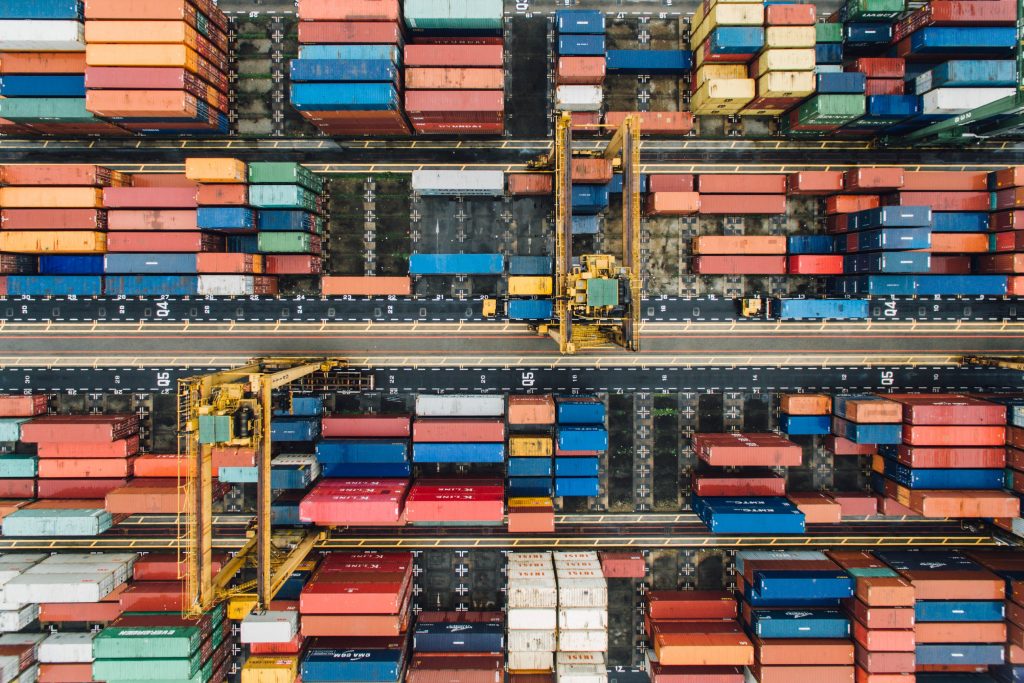Recently I had a conversation with an owner of a commodity logistics company; this commodity logistics company was a so called third party logistics provider which means that they specialize in warehousing and mostly the transport for the client. In the commodity industry is that many times a commodity trader. The conversation was more of an historical one as we were discussing and debating which logistics invention had the most impact for all of us. When I was with my thoughts by the opening of the Suez Canal in 1869 or the opening of the Panama Canal in 1914, this man was really outspoken. The ocean shipping container, he said!
Until the mid 50’s of the last century, standardization was unknown in shipping commodities on ocean carriers. Each shipping company had pretty much its own method, causing a real inefficient way of handling the cargo when loaded and unloaded. Many had tried to standardize before. Containerization has actually its origins in early coal mining regions in England beginning in the late 18th century. In 1917 Benjamin Franklin experimented even with containers in Ohio. Nevertheless it was Malcom McLean who really invented the standard steel container in 1955. Probably the biggest success factor was the let go his patents, allowing a worldwide adaption of the intermodal container.
International commodity logistics went from that time in a complete new era, allowing an efficient transport method where before only bulk and break bulk methods were possible. For the commodity industry these methods remain intact as certain commodities do require bulk transport or bulk is simply more an efficient way of shipment.
How Agiblocks helps
The commodity industry nowadays has a variety of choices between intermodal containers, break bulk options and bulk. This also means that a commodity trade administration or a commodity software solution must support these various options in all its possibilities. At Agiboo we have developed features to support these specific registration needs in Agiblocks Commodity Trade and Risk Management (CTRM) whether it is about the registration of container numbers or tolerance calculations when loading bulk.

